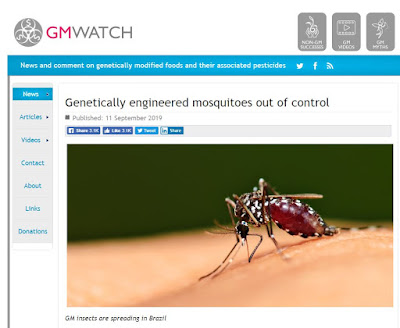TB206 - The Ugly Politics of Glyphosate Litigation

A relatively safe agricultural chemical is demonized as a carcinogen, lobbyists pose as journalists and stoke fear, NGOs defy science to advance agenda, lawyers make a fortune, science suffers and farmers lose options. A population lives in fear of its food. This is the fallout of the IARC decision. In today's podcast I speak with Dr. David Zaruk, a professor that understands risk and has examined the IARC decisions and the internal politics and gyrations of vilifying an agricultural compound, straight from the tort law playbook.




